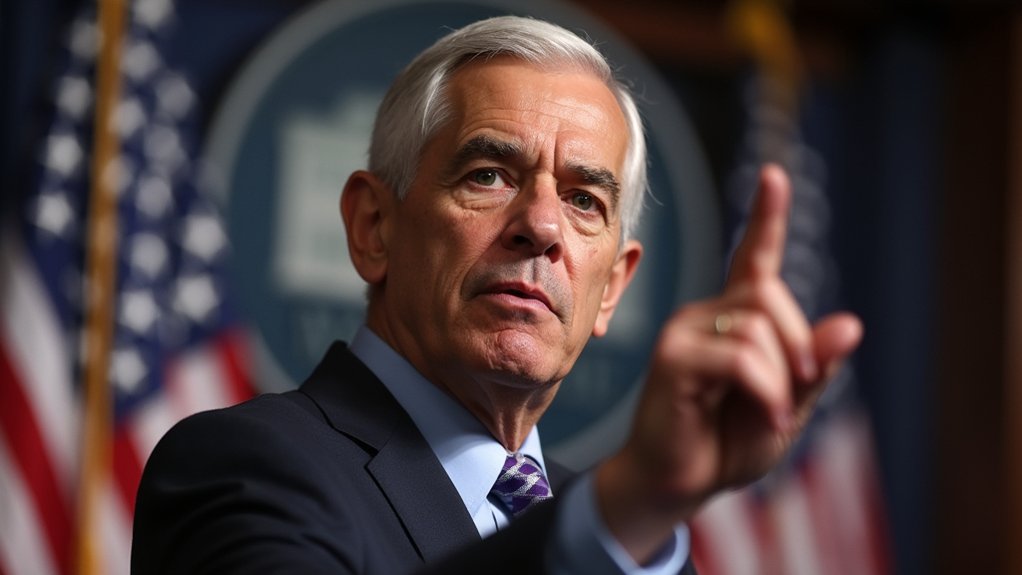A political earthquake of sorts rumbled through the American landscape on July 5, 2025, when Elon Musk—flush with $351 billion in personal wealth and fresh off a spectacular public divorce from his former political patron Donald Trump—announced the formation of the “America Party” on X, his social media platform of choice for launching everything from cryptocurrency jokes to space venture updates.
The announcement followed a July 4 poll where 65% of 1.25 million participants expressed desire for independence from the two-party system, providing Musk with the democratic legitimacy he needed to justify what amounts to a hostile takeover of American politics. His promise to “give you back your freedom” targets the “80% in the middle,” a demographic calculation that suggests moderate voters represent an untapped market opportunity in the political arena.
The catalyst for this venture traces back to Musk’s vociferous opposition to Trump’s “Big Beautiful Bill”—a $3 trillion-plus domestic spending package that Musk characterized as “debt slavery” and “massive, outrageous, pork-filled” legislation. This criticism precipitated a feud so intense that Trump threatened deportation of his former ally, who had contributed $239 million through America PAC during the 2024 election cycle.
What distinguishes Musk’s political startup from conventional third-party efforts is his unprecedented self-funding capability. While traditional candidates maneuver through the labyrinthine world of donor cultivation and federal contribution limits, Musk can fundamentally treat ballot access requirements—including collecting hundreds of thousands of signatures across fifty states with varying deadlines—as operational expenses rather than existential challenges. Mark Cuban expressed support for the new party with fireworks and fire emojis on social media, while Anthony Scaramucci showed interest in Musk’s initiative and offered to discuss further.
The regulatory landscape presents familiar hurdles: Federal Election Commission registration remains incomplete as of early July, and each state maintains unique ballot access requirements that have historically favored established parties. However, Musk’s financial resources enable him to sustain lengthy legal battles that would bankrupt conventional political movements. Despite previous comments about scaling back his political involvement, Musk remains open to re-engaging in politics and emphasized his long-term presence in the political arena.
Whether this represents genuine political disruption or merely billionaire dilettantism remains uncertain. Musk’s approach mirrors his entrepreneurial methodology—identify market inefficiencies, deploy substantial capital, and leverage innovation to overcome entrenched competitors. Just as stablecoin market cap has grown 63% between February 2024 and February 2025 by providing alternatives to traditional financial systems, Musk’s political venture seeks to disrupt the established two-party framework.
The America Party‘s emphasis on fiscal responsibility and opposition to deficit-expanding legislation certainly resonates with voters exhausted by polarized extremes, though translating social media popularity into electoral success requires maneuvering considerably more complex algorithms than those governing his various business ventures.








